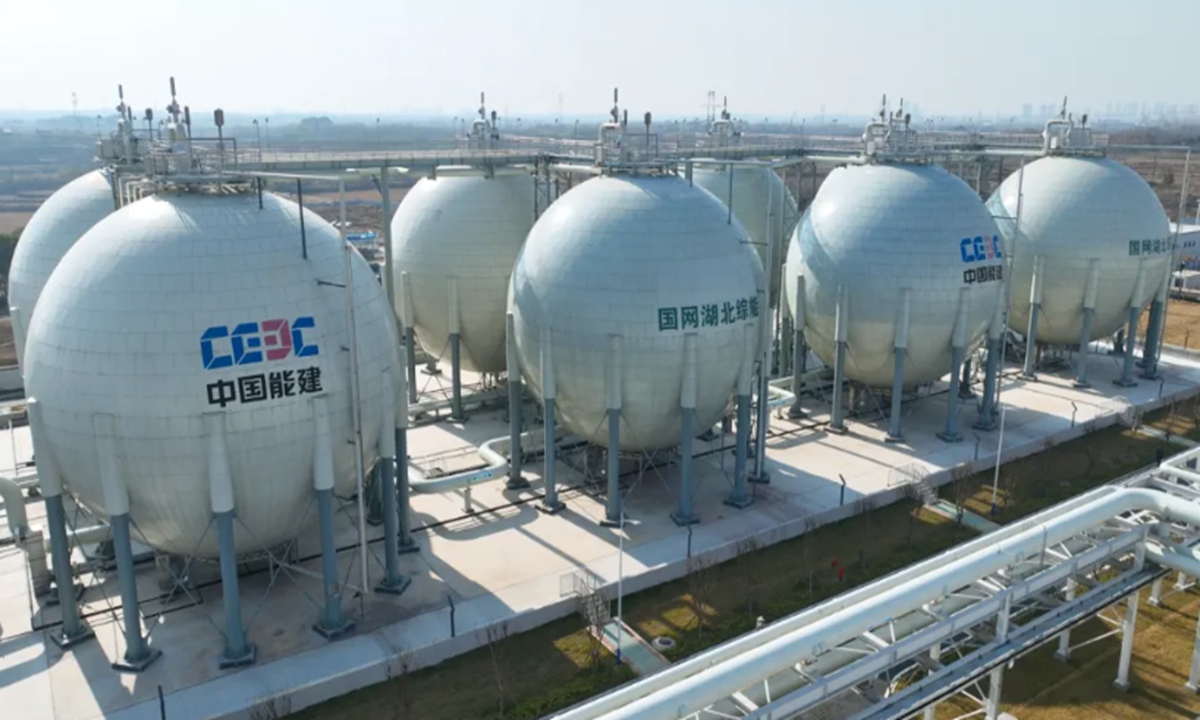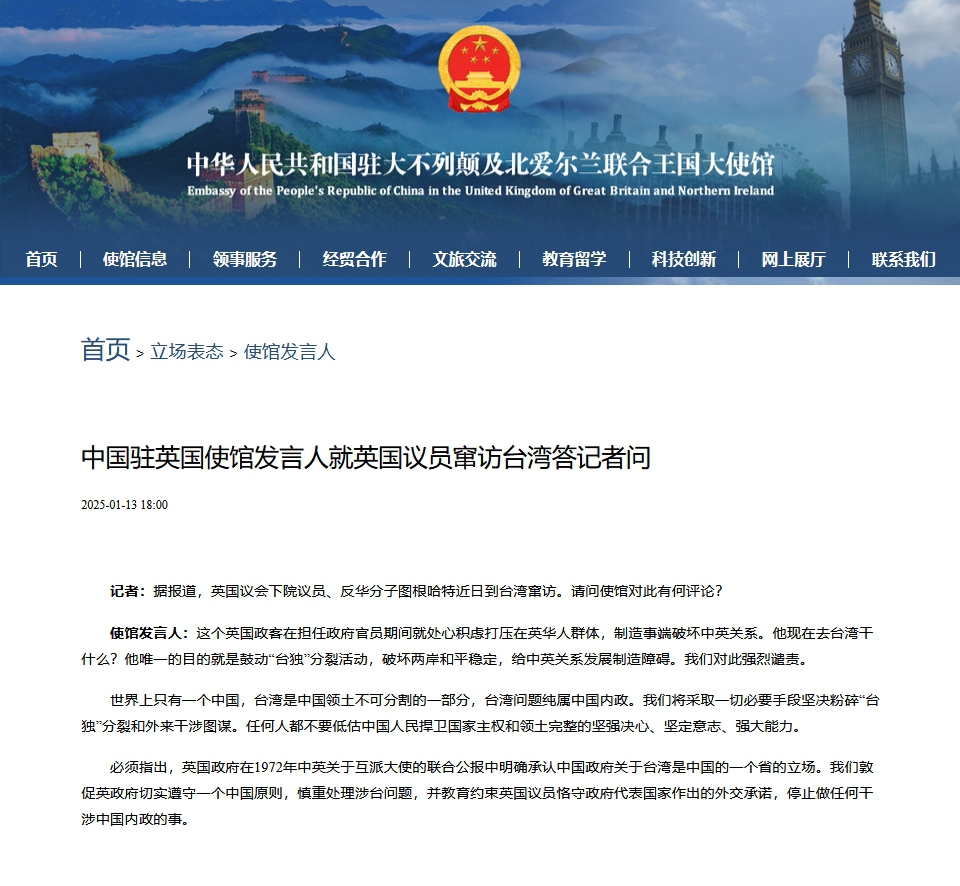
 mk East China’s Jiangsu Province Photo: VCG" />
mk East China’s Jiangsu Province Photo: VCG" />An intelligent production line of a photovoltaic enterprise in Yangzhou, East China’s Jiangsu Province Photo: VCG
China's recent decision to fully open its manufacturing sector to foreign investment and allow more room for foreign capital in its health and medical care sectors has garnered significant global attention.
However, some foreign media outlets have seized this opportunity to hype up narratives suggesting that "confidence in the Chinese market is waning among international investors."
The fallacy of talking down China's market prospects is not worth refuting. The two latest policy measures are undoubtedly important manifestations of China's commitment to high-level openness, and they are also key steps in promoting an open economy. In the context of rising protectionism in some countries, China has demonstrated its firm determination to expand high-level openness.
The continued steps toward high-standard opening-up highlight China's capability to navigate a complex international political and economic situation, and they also indicate China's unwavering commitment to continuing to play a positive role in the global economy.
The resolution adopted by the third plenary session of the 20th Communist Party of China Central Committee in July, which drew up a comprehensive blueprint that will guide China's reform and opening-up, underscored a strong commitment to pursue high-standard opening-up.
China will foster a first-rate business environment that is market-oriented, law-based and internationalized; further reform the institutions and mechanisms for promoting foreign investment; expand the catalog of encouraged industries for foreign investment; appropriately shorten the negative list for foreign investment, and remove all market access restrictions in the manufacturing sector, according to the resolution.
In recent weeks, China has swiftly launched measures to reinforce the emphasis on promoting high-level openness and deepening the reform of the foreign investment management system, including removing all market access restrictions in the manufacturing sector.
China boasts a complete industrial and supply chain across various manufacturing sectors, continually evolving through technological innovation. The country's measures to expand opening-up have created opportunities for supply chain optimization and broadened market access for the development of the global manufacturing sector.
In this sense, the vast China market provides foreign companies with significant opportunities, helping them achieve development at a higher level. Industries and enterprises from other countries can leverage China's supply chain to improve efficiency and reduce costs, and thereby enhance their global competitiveness.
China's recent decision to expand opening-up in the health and medical care sector in major cities is an important step toward promoting high-level openness and accelerating the development of the modern services industry.
The medical care industry is generally subject to strict regulation worldwide. From a policy formation perspective, this move reflects China's strong determination to open up its services industry.
This policy aligns closely with the 2024 China International Fair for Trade in Services, which is being held in Beijing from September 12 to 16. It represents a significant advancement for China in enhancing the openness of its modern services industry. As this initiative progresses, more foreign enterprises are likely to be drawn to the Chinese market in pursuit of new development opportunities.
The introduction of wholly foreign-owned hospitals in the pilot regions will enhance the Chinese medical care system by expanding options and diversifying the supply of medical services. This move will facilitate the transfer of advanced practices and expertise from foreign hospitals, while driving the improvement and optimization of domestic healthcare services.
The author is a senior research fellow at the China Association of International Trade. bizopinion@globaltimes.com.cn


 mk East China’s Jiangsu Province Photo: VCG" />
mk East China’s Jiangsu Province Photo: VCG" /> China’s CNOOC deploys first integrated large
China’s CNOOC deploys first integrated large World's first 300 MW compressed air energy storage plant fully operated in Central China
World's first 300 MW compressed air energy storage plant fully operated in Central China Diverse mascots for Year of Snake launched around China, highlighting unique regional charms
Diverse mascots for Year of Snake launched around China, highlighting unique regional charms Chinese embassy strongly condemns UK politician’s visit to China’s Taiwan island
Chinese embassy strongly condemns UK politician’s visit to China’s Taiwan island